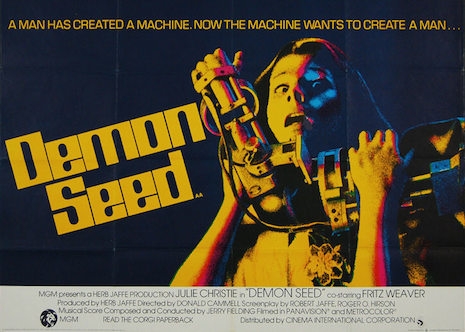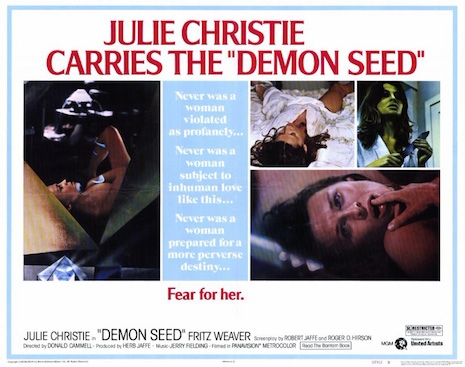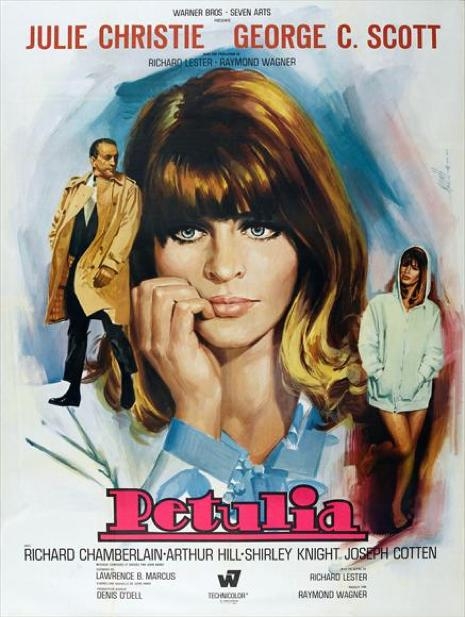
Richard Lester’s criminally obscure 1968 film, Petulia, starred Julie Christie (at the height of her international fame and considerable beauty) as a neurotic San Francisco socialite who abruptly comes into the life of a recently divorced surgeon (George C. Scott) and basically ruins it. After watching Dr. Archie Bollen (Scott) gently care for an injured boy, Petulia Danner—who is married to a violently abusive man (Richard Chamberlain)—becomes smitten and is determined to have an affair with him. (When they first meet she says, “I’ve been married six months and I’ve never had an affair.”). When her husband finds out about the affair, he savagely beats her. In a shocking turn of events, she spurns Archie, who wants to protect her, and returns to her husband.
Petulia is a complex, daring film about disappointments in relationships, gorgeously shot against the backdrop of hippie-era San Francisco by Nicolas Roeg, with a score by composer John Barry. Richard Lester uses one of cinema’s first examples of flash-forwards and jump-cuts. (The film’s complicated non-linear structure becomes much clearer during a second viewing which is highly recommended). Critics at the time were fairly sour on Petulia (Pauline Kael famously called it Lester’s “hate letter to America”) but some 40 years later, this mostly unseen movie seems far, far ahead of its time, truly a stylistic breakthrough that added much to cinema’s evolving vocabulary. Ironically, at the same time Petulia is very much the ultimate Hollywood time capsule of “The Summer of Love.”
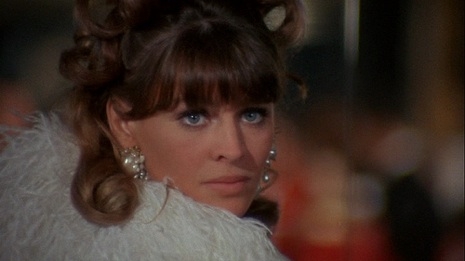
I’ve seen Petulia at least ten times and I think it’s an absolute masterpiece, one of the greatest American films of the 1960s, right up there with The Graduate, Bonnie and Clyde and Easy RIder. There are many, many incredibly powerful and emotional scenes in Petulia but one in particular sends chills down my spine: Scott’s Archie and his ex-wife (Shirley Knight) still feel intense pain over their divorce, and still care for each other, but they simply cannot stand to be in the same room together. They parry back and forth, each jabbing at the other, at first passive-aggressively and then ramping up the emotional violence until Scott finally just explodes. Every time I’ve ever watched this scene with someone else, the reaction is always the same when it’s over: “Wow.”
George C. Scott is just fantastic in Petulia, giving one of the best performances of his career. The same can be said of Julie Christie in the title role. I’d even give her work here the edge over her Oscar-winning 1965 role in Darling. (Pauline Kael called Christie’s Petulia “lewd and anxious, expressive and empty, brilliantly faceted but with something central missing, almost as if there’s no woman inside.” Um, hello? THIS is PRECISELY WHY her performance is so flawless!) The scene when Petulia, who is about to give birth to Chamberlain’s baby, thinks Archie is there with her in the delivery room as she goes under, is one of the saddest things I’ve ever seen in any movie. I really can’t recommend this film highly enough. If you love film and you’ve never seen Petulia, you owe it to yourself to see it.
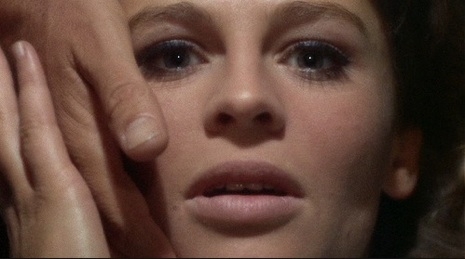
Petulia was set to premiere at the 1968 Cannes Film Festival, but the May riots in Paris saw the festival cancelled that year. Petulia used to be really difficult to see and wasn’t released on DVD until 2004. It’s out of print again, but used copies are easy to come by. The film features musical cameos by Janis Joplin with Big Brother & the Holding Company (doing “Down On Me”) and the Grateful Dead (The Dead actually has more than one appearance in the film, as the band and their entourage play the on-looking hippies as Petulia is taken out on a stretcher after she’s been beaten).
More after the jump…
Posted by Richard Metzger
|
05.01.2015
03:58 pm
|
